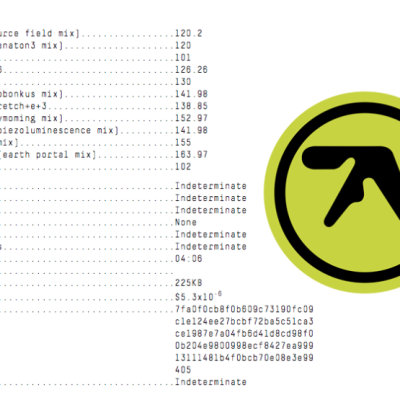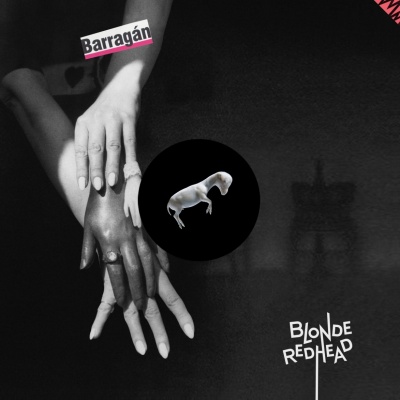The last 12 months or so have seen the release of some pretty unexpected hiatus-ending records. Aphex Twin returned after more than a decade, D'Angelo after nearly fifteen years. Compared to other comebacks, though, the triumphant return of Sleater-Kinney doesn't feel like an attempt to make up for lost time. Aphex Twin's massive dump of material, which continues this week with another EP, and D'Angelo's urgency and ambition are clearly geared toward making their returns big capital-'e' Events. No Cities to Love, the first album released by Sleater-Kinney since The Woods in 2005, is business as usual and, it just so happens, business is booming.
Since 2005, Carrie Brownstein has formed another highly acclaimed band in Wild Flag, as well as becoming a TV star on the already-iconic sketch comedy show Portlandia, so her endearingly slurred vocals have not been missed as much as the paint-peeling howl of Corin Tucker, who is the closest we're ever likely to get to a female Robert Plant. One of the most immediate delights, though, is hearing Brownstein and Tucker's voices together again, the way it should be, along with the molten metal punk riffing of the trio's signature sound just as fiery as it always was.
Immediately from the get-go, as "Price Tag" opens the album, we are treated with the loose, confident Sleater-Kinney sound. Many of these songs would not sound entirely out of place on the band's earlier classics like Call the Doctor (1996) or Dig Me Out (1997), but the band has never sounded this comfortable. "Price Tag" is an indictment of the effects of the capitalist system on those already struggling, but the rage is replaced by pure, righteous attitude. Sleater-Kinney know that they're right and now you do too.
Check out the chorus of the album's title track, possibly the record's strongest song, where the band sound just as self-consciously sloppy as punk foremothers like The Slits. Sleater-Kinney are a tight, locomotive unit, but that doesn't mean they can't have fun. The following track "New Wave" features some of Janet Weiss's finest drumming, where her repeated fills threaten to push the song over the edge, but she repeatedly pulls it back, keeping the noisy curlicues of guitar in check while at the same time joining them in the track's volcanic wildness.
Technical skill aside, Sleater-Kinney have never made an album this hooky. Stepping back from the excess of their last record, the tight, economical half hour is full of sing-a-long choruses, riffs that beg to be mimed on an air guitar, and beats that fall exactly on the right side of being "funky." Influences like the angular and danceable punk of bands like Wire and Gang of Four meet head-on with the far more uncool T. Rex, Led Zeppelin and Thin Lizzy influences to give the record its incredible mix of punk and classic rock that Sleater-Kinney have made all their own.
Maturity suits the band so well because they realise that they're not young, fresh faces anymore. They realise that they don't have to push boundaries to remain beloved. No Cities to Love feels like the album Sleater-Kinney wanted to make, not out of obligation, but out of a love for each other and for making music together. They sing in unison on "Bury Our Friends," the album's first single, "We're wild and weary, but we won't give in," and No Cities to Love proves that from beginning to end.





